Back in the day, you might have been able to get away with saying something stupid without a whole lot of people finding out. But nowadays, the internet has made that quite a bit harder. With billions of people using social media, it’s much more likely that your dumb posts could come under the spotlight and bounce back to bite you.
If you’re really unlucky, they could even end up on r/facepalm. It’s an online community dedicated to outing the stupidest things ever posted on the net. With over 8,3 million members, it’s probably not the place you want your moronic moments to be memorialized. Keep scrolling for some of the most cringeworthy social media posts ever to be made. And don’t miss the chat Bored Panda had with business strategist Lisa Larter, about how to keep your reputation intact online.

Image credits: Tooth_Background
“What you post online is permanent, even if you edit or delete something, it has the potential to live on for many years to come,” business strategist Lisa Larter told us during our interview. Larter says it’s important to think before you post because you’re building your reputation and personal brand every time you share your thoughts, beliefs and feelings online.
“Our thoughts and opinions are nuanced so rarely does one post capture exactly how you feel about something in every scenario but it can cause others to make sweeping assumptions about you,” she said. “Rule of thumb, if you wouldn’t want what you are about to post to be on television, or the front page of the newspaper, if it wouldn’t make your mama proud, don’t post it.”
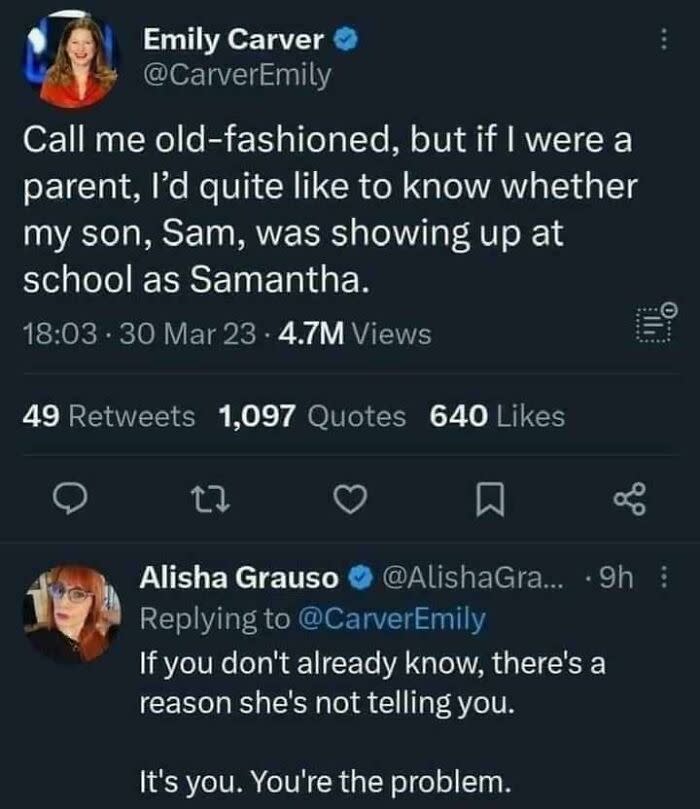

Image credits: Spunky-Sprout
Larter advises social media users not to be “a keyboard cowboy and use the internet to vent when you’re emotional and upset about something.” She adds that you should “be a good human, treat others well.”
“Avoid hot button conversations that are divisive. I get it, everyone has an opinion on things but do you want your opinions to live online? Do you want to alienate others who disagree with you? Try and avoid polarizing conversations unless you feel they will serve your reputation in a positive way,” said Larter.
The expert added that business owners should be super careful of their online reputation. “Take care of your customers and you will reduce the likelihood of others saying bad things about you online.”


Image credits: Flying_cunt547
More than two thirds of the world’s population uses the internet. That’s over 5 billion people glued to their devices, for an average of 6 hours and 35 minutes a day. A 2024 global report revealed that 178 million new users have come online within the last year. And if you think about it, that’s a heck of a lot of people to bear witness to your bad posts and blunders.
It’s more important than ever to think before you post. Not only because you might be outed as a moron. But also for your own safety. Not all the billions of internet users are upstanding citizens. As the University of Alabama in Birmingham warns, there are also “identity thieves, online predators, and bots pretending to be someone else to try and get your information.”


Image credits: OkMiddle9


Image credits: John_1992_funny


Image credits: BarronGreen89
The National Cybersecurity Alliance (NCA) advises people to consider things very carefully before posting. The internet is forever, and even hitting the delete button after the fact isn’t going to save you. “Posts are like ghosts; you don’t want what you say to haunt you,” reads the NCA site. “This is true even for apps that automatically delete posts, like Snap. Someone who sees it can screenshot or screen-record what you post.”


Image credits: GlooomySundays


Image credits: Own_Conversation1658


Image credits: Aki008035
The most obvious advice is not to post anything you don’t want seen, shared or remembered. But there are some other tips to follow while using social media:
-
Keep your accounts private, hide your friends list and disable search engines from finding you
-
Don’t publish your personal information, travel plans or your whereabouts
-
Don’t log onto social media accounts using public wifi connections
-
Keep your passwords strong and don’t share them
-
Enable two-factor authentication
-
If a message seems suspicious, it probably is


Image credits: Visqo


Image credits: nuttybudd


Image credits: AbelNB
Corporate recruiter and author, Jay Wren advises people to use critical thinking when posting online. But before we get into that, let’s think about what critical thinking actually means. Monash University defines it like this: “A kind of thinking in which you question, analyze, interpret, evaluate and make a judgment about what you read, hear, say, or write. Good critical thinking is about making reliable judgments based on reliable information.”
“Get the facts before you jump on sharing things online,” adds Larter. “When you fail to fact check before you share, you run the risk of making yourself look silly for not pausing before you post.”


Image credits: Bitter-Gur-4613


Image credits: WeaponHex1638


Image credits: Spirited-Arugula-672
Wren cautions that we should not confuse beliefs with claims. “Beliefs are convictions or assumptions that a person holds to be true, even if they can’t be proven or disproven… Claims are statements that can be evaluated on evidence,” he writes. He adds that critical thinking requires a balance of considering our beliefs and claims, while still evaluating the evidence and reasoning behind them. Taking Wren’s advice could save you from a serious case of foot in mouth disaster.


Image credits: normie_dude
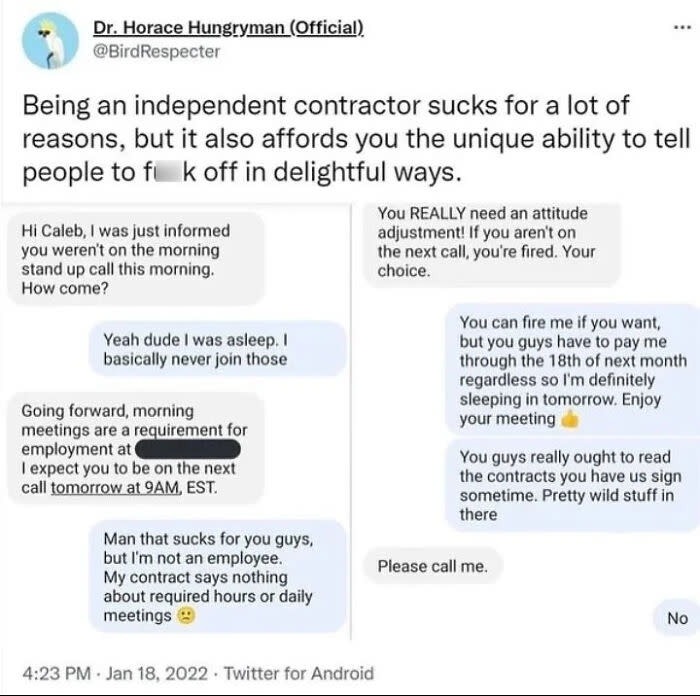

Image credits: Romance-novels-porn


Image credits: Next_Airport_7230
Larter says she’s seen some really dumb stuff posted online. And adds that many people don’t seem to realize just how much social media stupidity can harm their reputation. Larter warns that people check you out before buying from you, and not after.
“I tell my clients when I work with them: ‘Your status updates, profiles, posts, photos and comments are all a reflection of you and how you do business. Your online presence is your first form of social proof and is often the first character check a client does prior to engaging you for business,” writes Larter on her site.


Image credits: Intelligent-Ball7844


Image credits: wpm20151989


Image credits: guitarguy12341
Larter says some of the most cringeworthy situations she’s seen involve drunk posts or pictures. But adds that people can be just as shocking when sober. Personal attacks on public platforms make Larter reach for the facepalm emoji. “I believe the worst things you can post online are polarizing, divisive and mean spirited rants,” she told us.
“People want to be heard, and that is their right. If you are one of those people, be sure to do your research, and know all the facts because what you post may alienate people and or cause public discourse online.” Again, Larter says it’s particularly important if you’re a business owner. “That could cost you business. If you’re okay with that, fair game, but if you’d prefer to keep politics out of business, you may want to think carefully about what you have to say.”
Larter expands on the issue on her website. “I have seen people do this and I am always in shock at how hateful and disrespectful people can be to each other,” she writes. “Take note – it is you who looks bad when you wage a personal attack on someone in public, no matter how wrong the other person is.”


Image credits: StuartGT
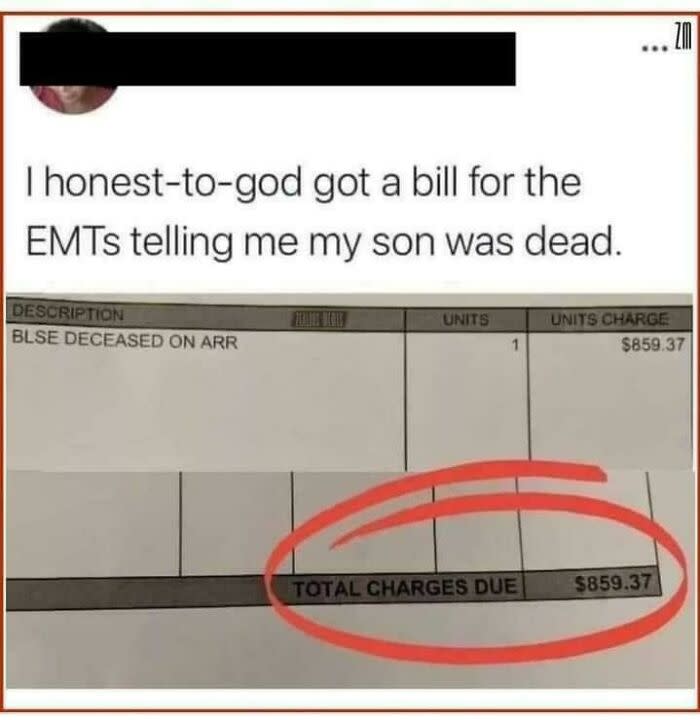

Image credits: Coffin_Builder


Image credits: whisperingeye99
If you do mess up, experts advise you to take action. “The worst thing you can do when someone posts a comment or sends a tweet to you is ignore them,” says Larter. “You always have an audience. When you fail to respond, you leave your prospective new client wondering if that is how you will treat them too.”
1832 Communications helps non-profits with their marketing efforts. And has some damage control advice for then things go wrong. The company says online mistakes do happen but what you do afterwards can break or make you.


Image credits: iFoegot
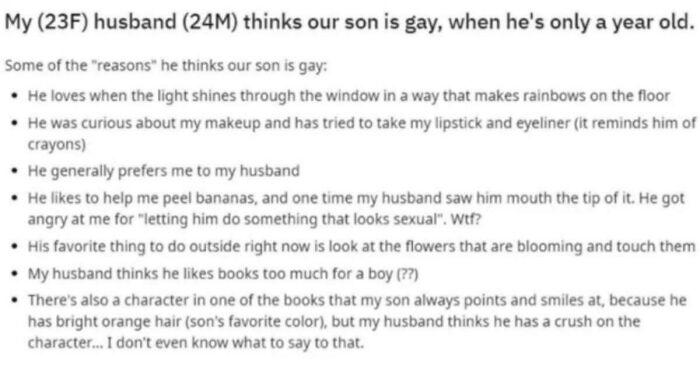

Image credits: mrdavid119


Image credits: Visqo
Step one is accountability. “The Internet never forgets. Google doesn’t. Screenshots don’t. Own up to the mistake. People make mistakes. No one’s perfect. Claiming your account was hacked is not gonna cut it, especially if later it’s revealed that the errant tweet wasn’t the result of a hack,” reads the 1832 Communications site.
“The best course of action is to apologize for your mistake, show people that you really can see why what you did was dumb and avoid doing the same thing again,” Larter told us. “What people and brands should never do is hide from what they have done. Get out in front of it early on and make amends the best you can. We are all human and we make mistakes. If you want your reputation to stay strong, acknowledge when you do, do your best to make it right, and learn from the mistake so you don’t repeat it again.”


Image credits: whisperingeye99


Image credits: Nice_Substance9123


Image credits: DramaticFactor7460


Image credits: nonetakenback


Image credits: Emotional-Main3195


Image credits: Glittering-Title-221
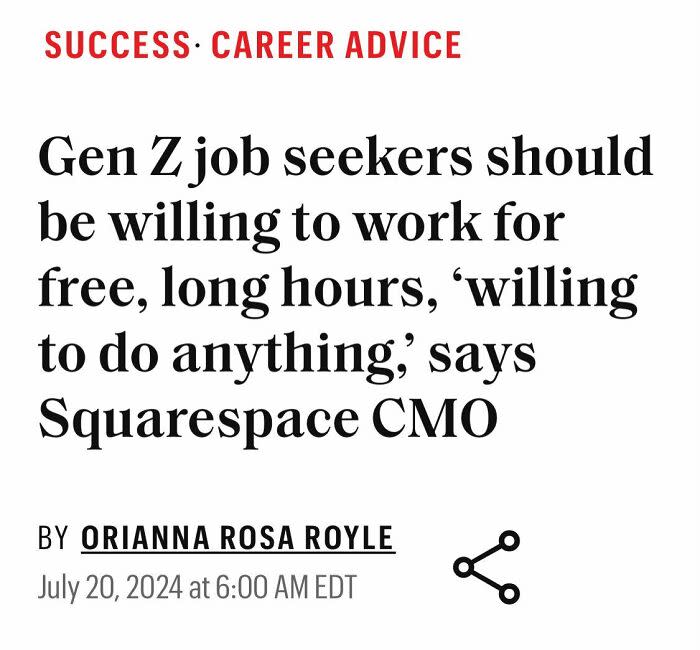

Image credits: SqmButBetter


Image credits: rhythmstripp


Image credits: Nice_Substance9123


Image credits: Final_Art_3760
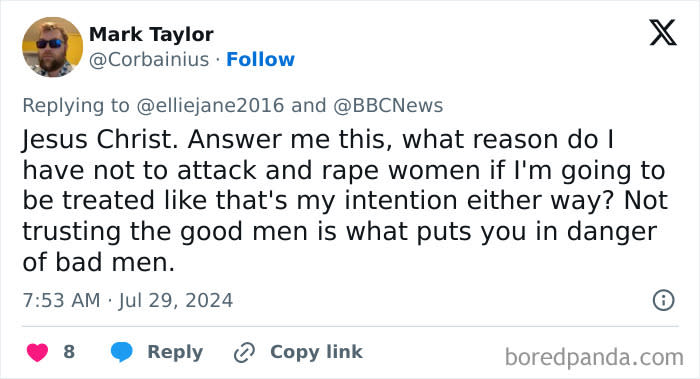

Image credits: TheAtticusBlake


Image credits: Far_Department_5564


Image credits: Embarrassed-Gas-8155


Image credits: TheDixonCider420420


Image credits: Visqo


Image credits: IamAS**t_soWhat


Image credits: Tobias-Tawanda


Image credits: Bitter-Gur-4613


Image credits: Firegoun


Image credits: Impressive-Duck697


Image credits: MaxQ50


Image credits: Nice_Substance9123
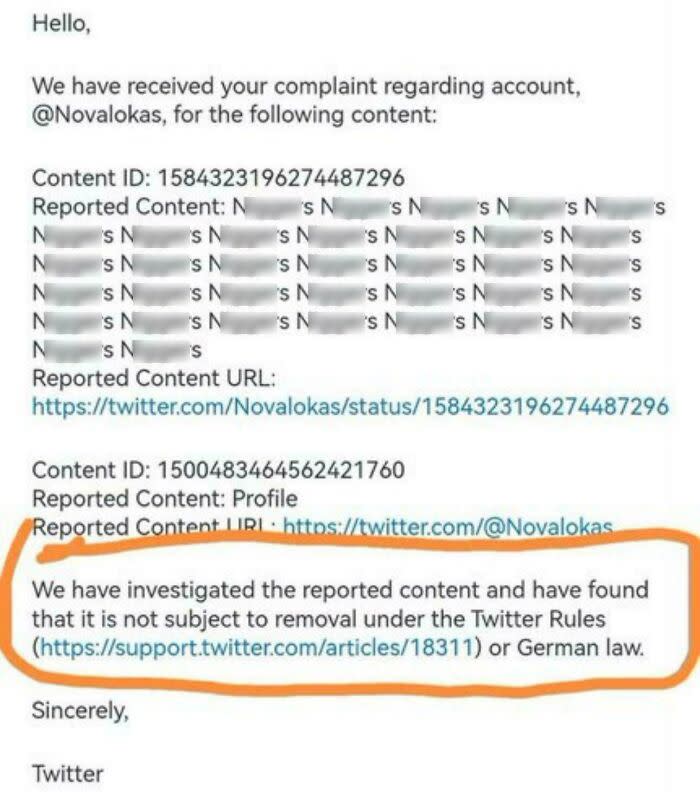

Image credits: MaxQ50


Image credits: Mr__O__


Image credits: flastenecky_hater


Image credits: GlooomySundays


Image credits: flyingcatwithhorns


Image credits: Big-Vermicelli-4958


Image credits: Cicada_5


Image credits: Oirez34


Image credits: kesavadh


Image credits: Frequent_Course5399


Image credits: ProfessorEffit


Image credits: Pasispas


Image credits: CBbbgc


Image credits: Visqo


Image credits: Leather_Hawk_8123


Image credits: UnstableIsotopeU-234


Image credits: J1mSock


Image credits: Crisgu


Image credits: Street-Nectarine1167


Image credits: anonburneraccoun


Image credits: Minkstix


Image credits: guitarguy12341




